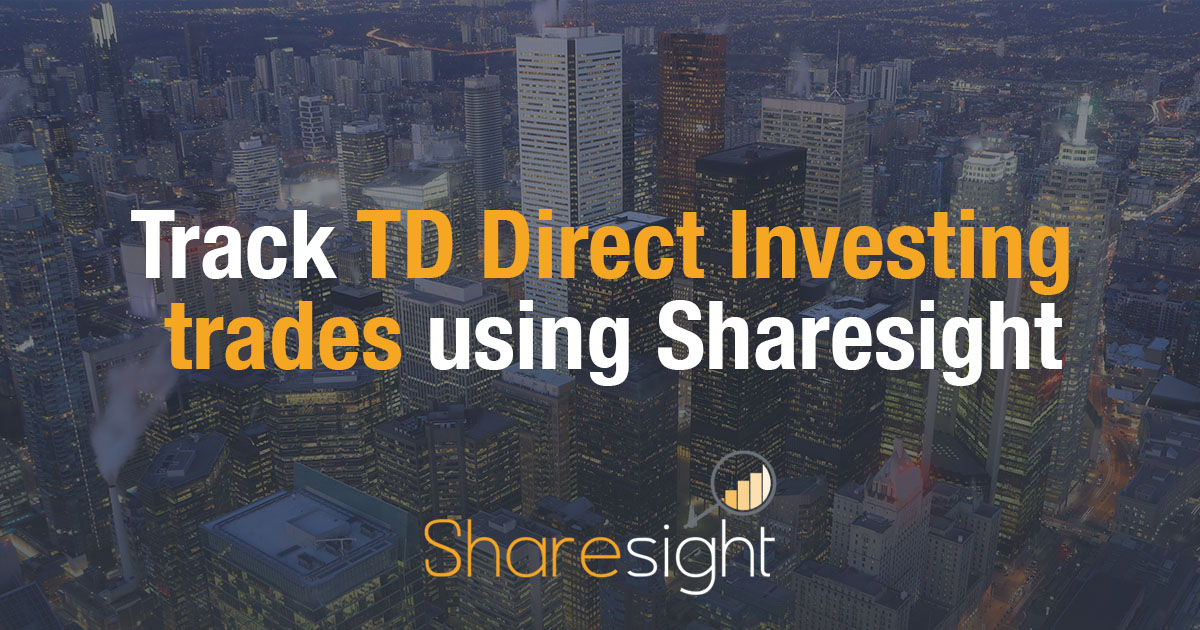
With a track record of paying dividends, the best dividend-paying stocks are those that have a history of success. These companies usually distribute a percentage of their earnings to investors, making each share of stock an equivalent amount to money you would receive in a bank account. It is not common for every company to pay dividends during their first years. Look out for companies that have a proven track record of paying them dividends. In general, dividend-paying shares are those that have been around for a while, such as banks, utilities, oil, gas, or real estate.
Coca-Cola
Coca-Cola is a great dividend stock. This time-tested company has been increasing its dividend for over 25 years. Its profits and cash flow cover the dividend, meaning there's a high margin of safety before it's cut. Its dividend yield is also higher than average. Coca-Cola is a blue-chip company with high dividend yields, long-term growth prospects and a strong dividend yield.
Despite the recent dip in the market, Coca-Cola has consistently increased its dividend payments for decades. The most recent increase was 4.8%. This is the highest level since 2008. This increase surpassed the dividend per share CAGR of 4.68% over the past eight years. Coca-Cola's net income has been stagnant for the past 10 years, but it is now back on track. To position itself for the future, they have just added a brand new business to their portfolio.

Emerson Electric
If you're looking for a dividend stock, consider Emerson Electric. This company can yield between 8-11% in the next 15-years, making it a good dividend stock. This company pays quarterly dividends, but it can be difficult to predict when the payments will arrive. However, if you can wait until the company reports better results, you can expect a good dividend yield.
While dividend growth has slowed in recent years, Emerson has maintained its track record of growth. The average EPS increase has been 3.6% since 2000. It is projected that it will hit $2.41 at the end 2010 and rise to $2.90 at the end 2011. Although the company is resilient to economic downturns it can be affected by slowdowns in its five major segments. Although recent earnings have been strong, the company still faces some challenges, including a possible recession.
Verizon Communications
Verizon Communications Inc, one of the top dividend-paying stocks, is a solid investment. Verizon Communications Inc has a 5.1% annual dividend and is among the top rivals of AT&T. Investors should also be aware that it may take many years before the company generates substantial revenue through its 5G wireless applications. In the meantime, investors may want to consider investing in large ETFs that track the S&P 500.
Verizon Communications' dividend has increased for 17 consecutive year. With a growing business and a stable dividend growth, Verizon is a great investment. It isn't the most widely traded stock, but it is one the highest dividend-paying stocks. It also offers a high rate of growth, making it a good choice for retirement portfolios. It is a solid investment that can be made by any investor. It is also one the most safest dividend stocks.

Chevron
Chevron dividend-paying stocks are an option for those who are new to the stock market. This American multinational energy corporation, which is the successor to Standard Oil, is active in more 180 countries. Although the company's headquarters are in San Ramon California, it operates in more 180 countries. If you are considering investing in this company, you should read on to discover more about its history and dividend payouts. This article will tell you more about Chevron as well as why this company is worth your investment.
Chevron, although not as widely held as ExxonMobil's, is still better-positioned than ExxonMobil. Chevron dividend-paying stocks might be more expensive for investors. And as long as the company stays on its course, they should continue to be safe dividend payers. Because of this, they have been able to command a premium price. Conservative investors may be willing pay more for stock.
FAQ
How do I invest on the stock market
Brokers are able to help you buy and sell securities. Brokers can buy or sell securities on your behalf. You pay brokerage commissions when you trade securities.
Banks typically charge higher fees for brokers. Banks often offer better rates because they don't make their money selling securities.
If you want to invest in stocks, you must open an account with a bank or broker.
Brokers will let you know how much it costs for you to sell or buy securities. This fee is based upon the size of each transaction.
You should ask your broker about:
-
You must deposit a minimum amount to begin trading
-
What additional fees might apply if your position is closed before expiration?
-
What happens to you if more than $5,000 is lost in one day
-
How many days can you maintain positions without paying taxes
-
How much you are allowed to borrow against your portfolio
-
whether you can transfer funds between accounts
-
how long it takes to settle transactions
-
How to sell or purchase securities the most effectively
-
How to avoid fraud
-
How to get help when you need it
-
How you can stop trading at anytime
-
What trades must you report to the government
-
whether you need to file reports with the SEC
-
whether you must keep records of your transactions
-
If you need to register with SEC
-
What is registration?
-
What does it mean for me?
-
Who is required to register?
-
What time do I need register?
What is security on the stock market?
Security is an asset that generates income. Shares in companies are the most popular type of security.
A company may issue different types of securities such as bonds, preferred stocks, and common stocks.
The value of a share depends on the earnings per share (EPS) and dividends the company pays.
You own a part of the company when you purchase a share. This gives you a claim on future profits. If the company pays you a dividend, it will pay you money.
You can sell your shares at any time.
What role does the Securities and Exchange Commission play?
SEC regulates securities brokers, investment companies and securities exchanges. It enforces federal securities laws.
How are securities traded
The stock market allows investors to buy shares of companies and receive money. Companies issue shares to raise capital by selling them to investors. Investors then resell these shares to the company when they want to gain from the company's assets.
Supply and demand are the main factors that determine the price of stocks on an open market. If there are fewer buyers than vendors, the price will rise. However, if sellers are more numerous than buyers, the prices will drop.
There are two ways to trade stocks.
-
Directly from the company
-
Through a broker
What is a REIT?
A real-estate investment trust (REIT), a company that owns income-producing assets such as shopping centers, office buildings and hotels, industrial parks, and other buildings is called a REIT. These publicly traded companies pay dividends rather than paying corporate taxes.
They are very similar to corporations, except they own property and not produce goods.
Why are marketable securities Important?
An investment company's main goal is to generate income through investments. It does this through investing its assets in various financial instruments such bonds, stocks, and other securities. These securities are attractive because they have certain attributes that make them appealing to investors. They may be considered to be safe because they are backed by the full faith and credit of the issuer, they pay dividends, interest, or both, they offer growth potential, and/or they carry tax advantages.
A security's "marketability" is its most important attribute. This refers primarily to whether the security can be traded on a stock exchange. If securities are not marketable, they cannot be purchased or sold without a broker.
Marketable securities include corporate bonds and government bonds, preferred stocks and common stocks, convertible debts, unit trusts and real estate investment trusts. Money market funds and exchange-traded money are also available.
These securities are preferred by investment companies as they offer higher returns than more risky securities such as equities (shares).
Statistics
- Individuals with very limited financial experience are either terrified by horror stories of average investors losing 50% of their portfolio value or are beguiled by "hot tips" that bear the promise of huge rewards but seldom pay off. (investopedia.com)
- For instance, an individual or entity that owns 100,000 shares of a company with one million outstanding shares would have a 10% ownership stake. (investopedia.com)
- The S&P 500 has grown about 10.5% per year since its establishment in the 1920s. (investopedia.com)
- Ratchet down that 10% if you don't yet have a healthy emergency fund and 10% to 15% of your income funneled into a retirement savings account. (nerdwallet.com)
External Links
How To
How can I invest into bonds?
A bond is an investment fund that you need to purchase. The interest rates are low, but they pay you back at regular intervals. You make money over time by this method.
There are many different ways to invest your bonds.
-
Directly buying individual bonds.
-
Buy shares from a bond-fund fund
-
Investing through a broker or bank
-
Investing through a financial institution
-
Investing through a pension plan.
-
Directly invest with a stockbroker
-
Investing through a Mutual Fund
-
Investing through a unit-trust
-
Investing in a policy of life insurance
-
Investing via a private equity fund
-
Investing with an index-linked mutual fund
-
Investing through a Hedge Fund